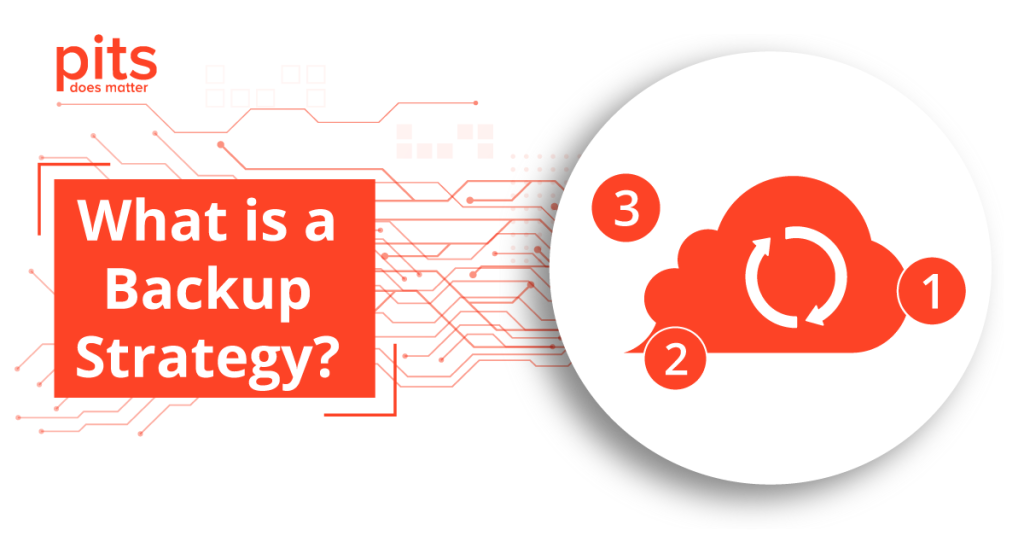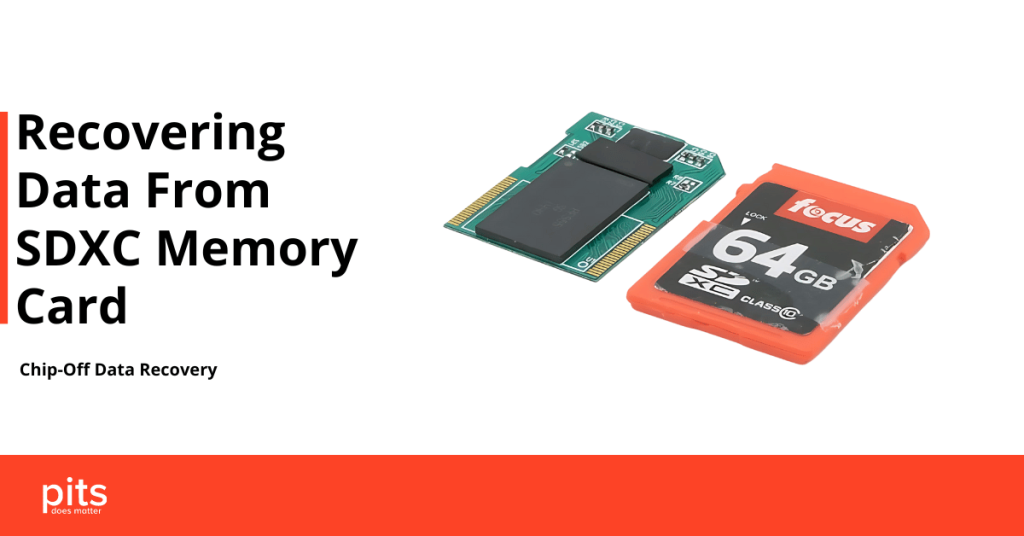In the fast-paced world of technology, storage solutions continue to evolve at a remarkable pace. One such innovation that has taken the industry by storm is NVMe SSD (Non-Volatile Memory Express Solid State Drive). In this blog post, we will delve into the world of NVMe SSDs, understand what they are and how they work, and explore their advantages and disadvantages as the future of storage technology.
Understanding NVMe SSDs
NVMe SSDs, or PCIe SSDs, are storage devices that utilize the NVMe protocol to connect to the system’s PCIe (Peripheral Component Interconnect Express) interface. Unlike traditional storage options such as SATA SSDs or disk drives, NVMe SSDs offer superior performance and speed, making them ideal for demanding applications and data-intensive tasks.
NVMe stands for Non-Volatile Memory Express, a protocol specifically designed to optimize SSD performance of SSDs over PCIe connections. This protocol enables efficient communication between the NVMe SSD and the system’s advanced host controller interface (AHCI). By utilizing the high-speed capabilities of the PCIe interface and dedicated PCIe lanes, NVMe SSDs can deliver unparalleled read and write speeds, significantly reducing data access latency.
Advantages of NVMe SSDs
Lightning-fast Speed
NVMe SSDs leverage the PCIe (Peripheral Component Interconnect Express) interface to provide significantly faster data transfer rates than SATA-based SSDs. They can deliver sequential read and write speeds of several gigabytes per second, resulting in blazing-fast system boot times, reduced application load times, and faster file transfers.
Improved IOPS Performance
IOPS (Input/Output Operations Per Second) measures how many input/output operations a storage device can perform in a given period. NVMe SSDs typically offer significantly higher IOPS performance than SATA SSDs, making them ideal for scenarios involving heavy multitasking, database management, or virtualization.
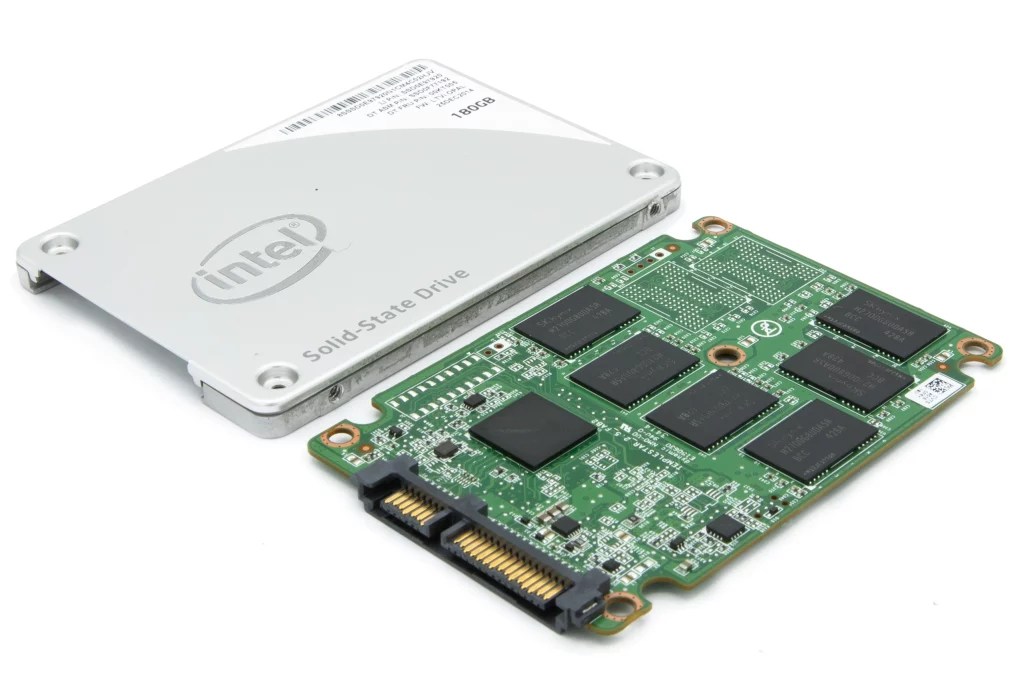
Low Latency
NVMe SSDs exhibit extremely low latency, which means they can access and retrieve data much more quickly than traditional storage solutions. This reduces lag and improves responsiveness, especially during intensive tasks such as gaming or running resource-demanding applications.
Enhanced Parallelism
NVMe SSDs leverage multiple parallel data channels, allowing concurrent access to multiple files or data streams. This parallelism greatly improves performance in scenarios where multiple applications or tasks access data simultaneously, resulting in smoother multitasking and improved overall system responsiveness.
Compact Form Factor
NVMe SSDs are designed compact, usually in the M.2 or U.2 form factor. This makes them ideal for slim laptops, ultra-compact desktops, and small form factor systems with limited space. They can be easily installed in a motherboard’s M.2 slot or via an adapter card.
Energy Efficiency
NVMe SSDs are generally more power-efficient than traditional HDDs, as they do not have any moving mechanical parts. This results in lower power consumption, reduced heat generation, and increased battery life for laptops and other portable devices.
Disadvantages of NVMe SSDs
Cost
NVMe SSDs are generally more expensive compared to traditional HDDs and SATA-based SSDs. The advanced technology and faster performance of NVMe drives come at a premium, making them a costlier storage option, especially when considering higher capacities. This higher cost can be a limiting factor for budget-conscious users or those requiring large amounts of storage space.
Limited Compatibility
NVMe SSDs require a compatible motherboard with an M.2 SSD or U.2 slot and support for NVMe protocol. While most modern motherboards include these slots, older systems or budget-oriented models may lack compatibility. Additionally, NVMe SSDs may not be compatible with certain operating systems or older BIOS versions, requiring firmware updates or specific drivers.
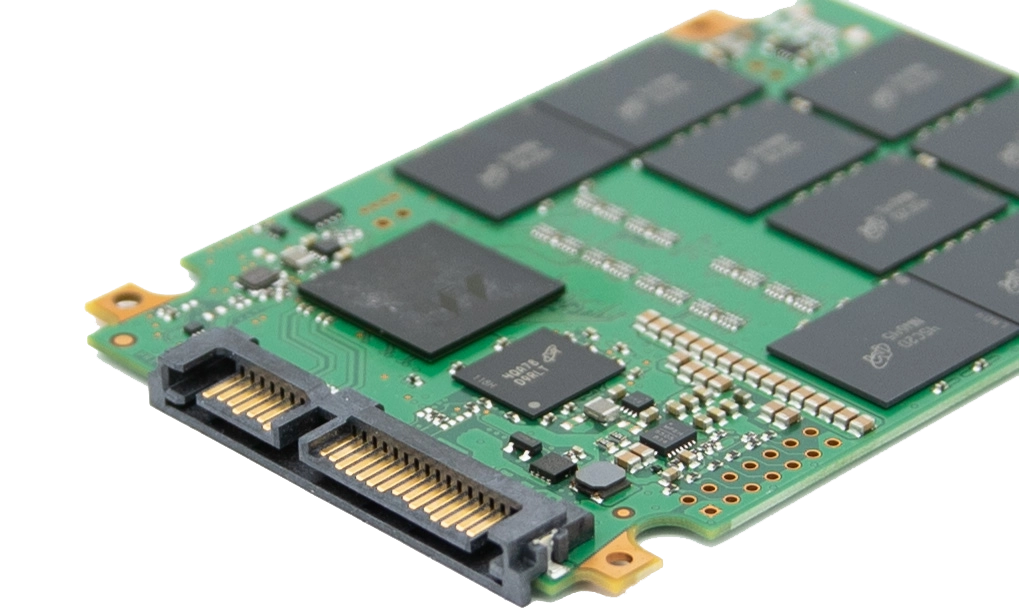
Reduced Long-Term Durability
NVMe SSDs, especially those based on TLC (Triple-Level Cell) or QLC (Quad-Level Cell) NAND flash memory, can have lower endurance compared to SATA-based SSDs or enterprise-grade SSDs. Frequent and intense write operations over an extended period can cause wear and potentially decrease the drive’s lifespan. However, it is worth noting that modern NVMe SSDs often include advanced wear-leveling algorithms and over-provisioning to mitigate this issue.
Heat Generation
NVMe SSDs tend to generate more heat compared to traditional HDDs or SATA-based SSDs. The compact form factor and high-speed data transfer can lead to increased heat dissipation. While most NVMe SSDs include built-in thermal throttling and temperature management features, it’s important to ensure adequate airflow and cooling in the system to maintain optimal performance and prevent overheating.
Lower Available Capacities
Although NVMe SSDs are available in larger capacities, their highest capacity options may still be limited compared to SATA-based SSDs or HDDs. This can be a consideration for users requiring vast storage space for large media libraries, high-resolution video editing, or data-intensive applications.
Limited Performance Benefits for Everyday Tasks
While NVMe SSDs excel in scenarios that require high-speed data transfer and low latency, the performance benefits may not be as noticeable for everyday tasks such as web browsing, word processing, or casual gaming. In these scenarios, the improved speed of NVMe drives may not be fully utilized, making them a less cost-effective option for users with standard computing needs.
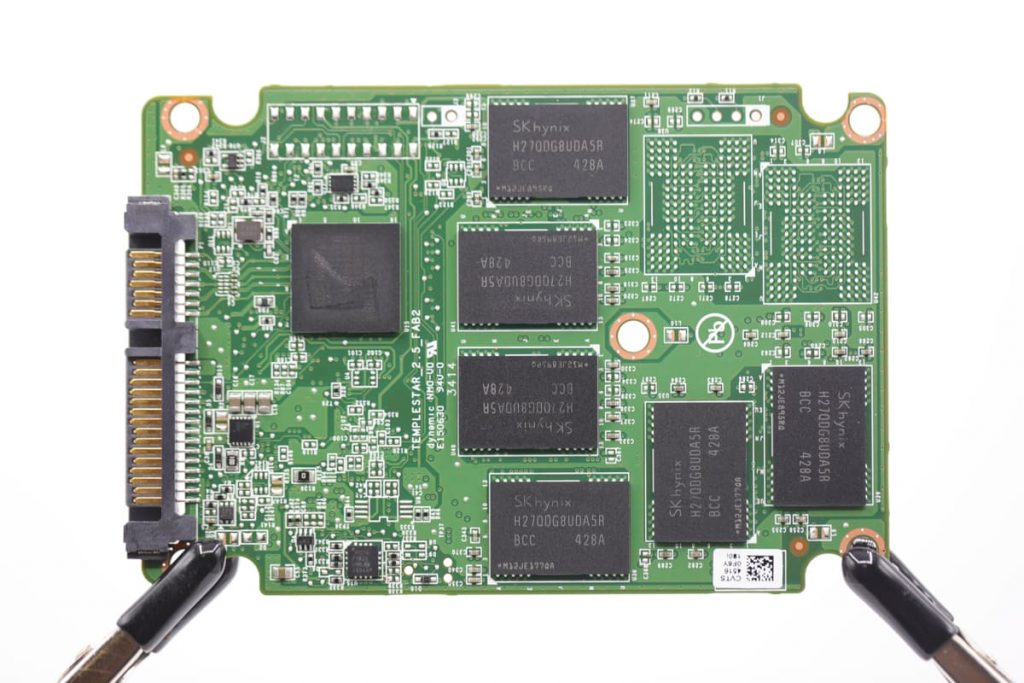
As the future of storage technology, NVMe SSDs offer unparalleled speed, efficiency, and versatility. With their high-speed capabilities and streamlined design, they provide a glimpse into the possibilities of optimal data access and processing. While they may come with a higher price tag and compatibility considerations, the benefits they bring in terms of performance and efficiency make NVMe SSDs an enticing choice for users seeking cutting-edge storage solutions.
In a world where data-intensive applications and demanding workloads are the norm, NVMe SSDs empower professionals and data centers to meet storage demands and maximize productivity. As technology continues to advance, NVMe SSDs are poised to play a pivotal role in shaping the future of storage technology, ensuring faster, more efficient, and reliable storage solutions for the ever-evolving digital landscape.
Frequently Asked Questions
What is an NVMe SSD?
NVMe (Non-Volatile Memory Express) SSD is a type of storage device that utilizes the NVMe protocol to connect to a system’s PCIe (Peripheral Component Interconnect Express) interface. It offers high-speed performance and efficient data transfer.
How does an NVMe SSD differ from a traditional SATA SSD?
NVMe SSDs use the PCIe interface, while SATA SSDs use the SATA interface. The PCIe interface provides higher bandwidth and faster data transfer rates, making NVMe SSDs significantly faster than SATA SSDs.
Are NVMe SSDs compatible with all systems?
NVMe SSD compatibility depends on the system’s support for PCIe interfaces and NVMe drives. Most modern systems have support for NVMe SSDs, but it is essential to check the specifications of your system or consult the manufacturer for compatibility information.
Can I use NVMe SSDs in RAID configurations?
Yes, NVMe SSDs can be used in RAID (Redundant Array of Independent Disks) configurations for increased performance, data redundancy, or both. However, the specific RAID options and compatibility may vary depending on the motherboard or RAID controller capabilities.
Are NVMe SSDs compatible with older operating systems?
NVMe SSDs are compatible with various operating systems. However, older operating systems may require specific drivers or updates to support NVMe drives fully. It is recommended to check the compatibility requirements of your specific operating system.

